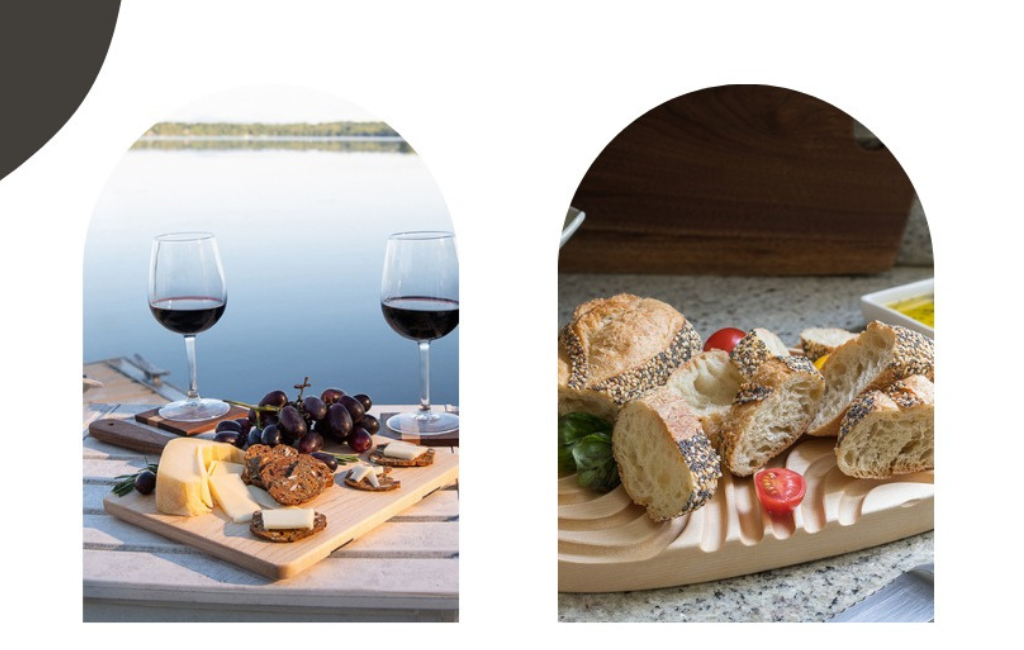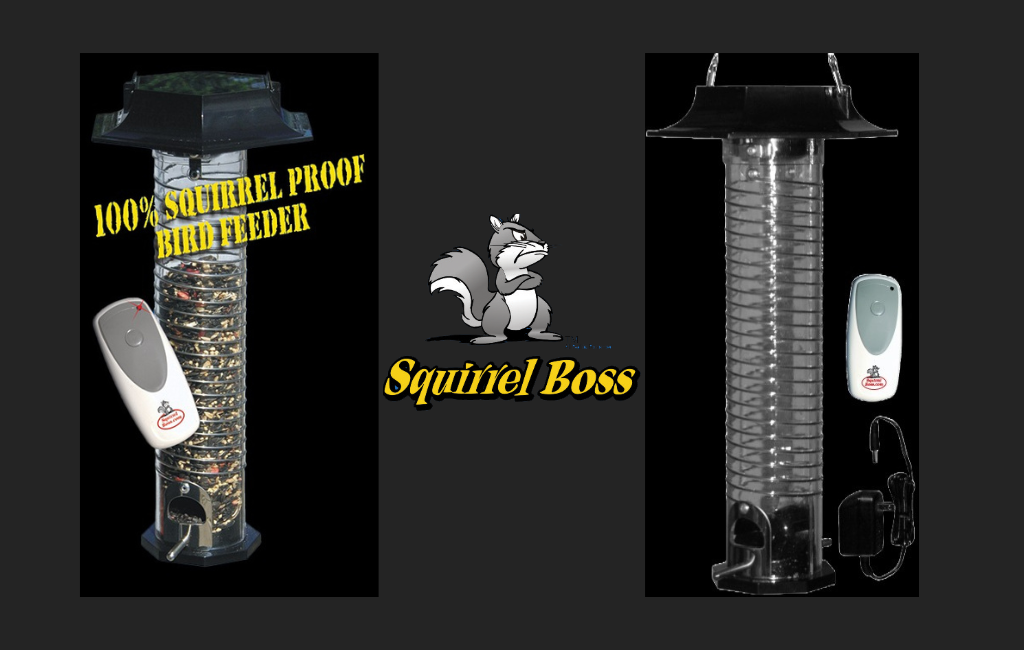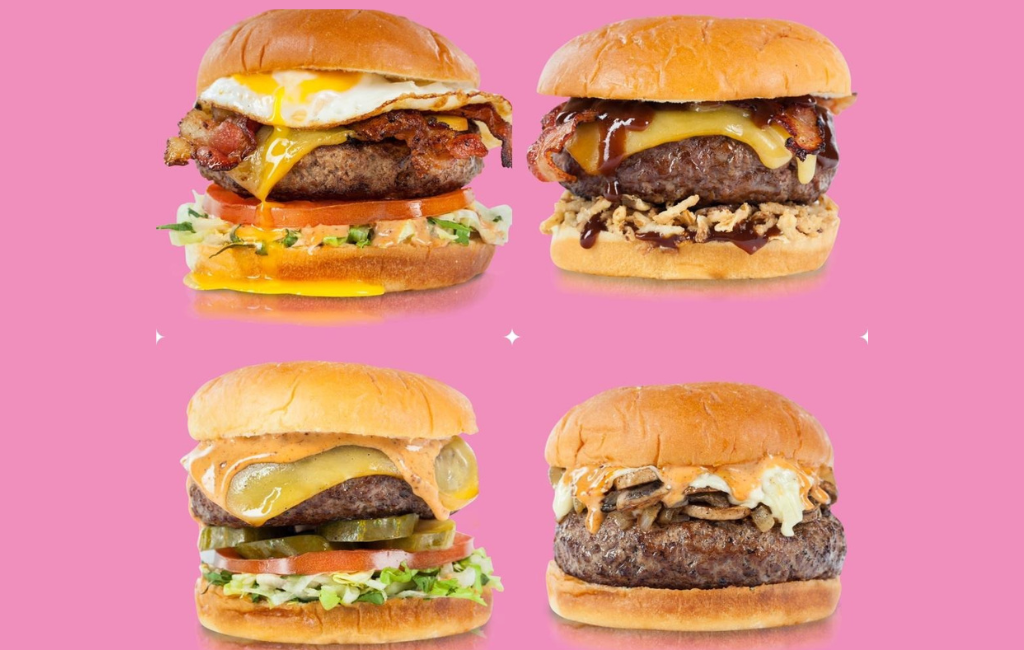The Vermont Butcher Block & Board Company
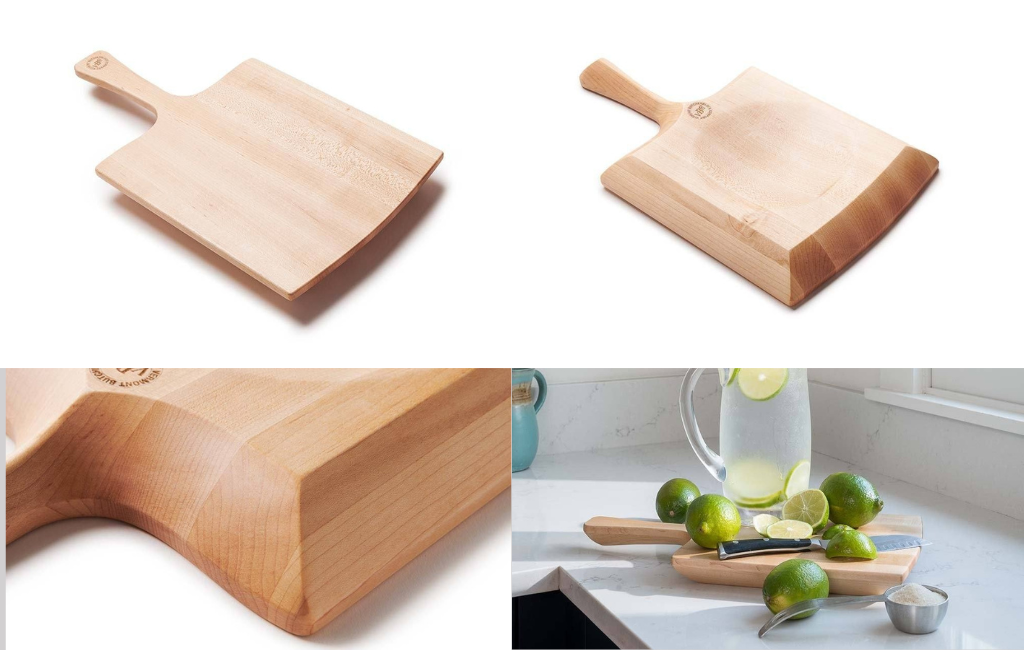
NO DEAL
EPISODE SUMMARY
🕓 Air Date: May 3, 2013
Asking For:
$400,000 for 25%
Investor:
No Deal
Deal:
No Deal
PRODUCT SUMMARY
Vermont Butcher Block & Board Company creates premium quality kitchen products, including cutting boards, cheese boards, and salad bowls, using high-quality materials.
WATCH HERE
IN A RUSH?
Click these to jump to the section you want to read.
Background Story
David Glickman, the founder of Vermont Butcher Block & Board Company, transitioned from a corporate life in Manhattan to pursue a more serene lifestyle in Vermont with his wife. Inspired by the tranquility of Vermont, David embarked on an entrepreneurial journey, establishing his company in 2004.
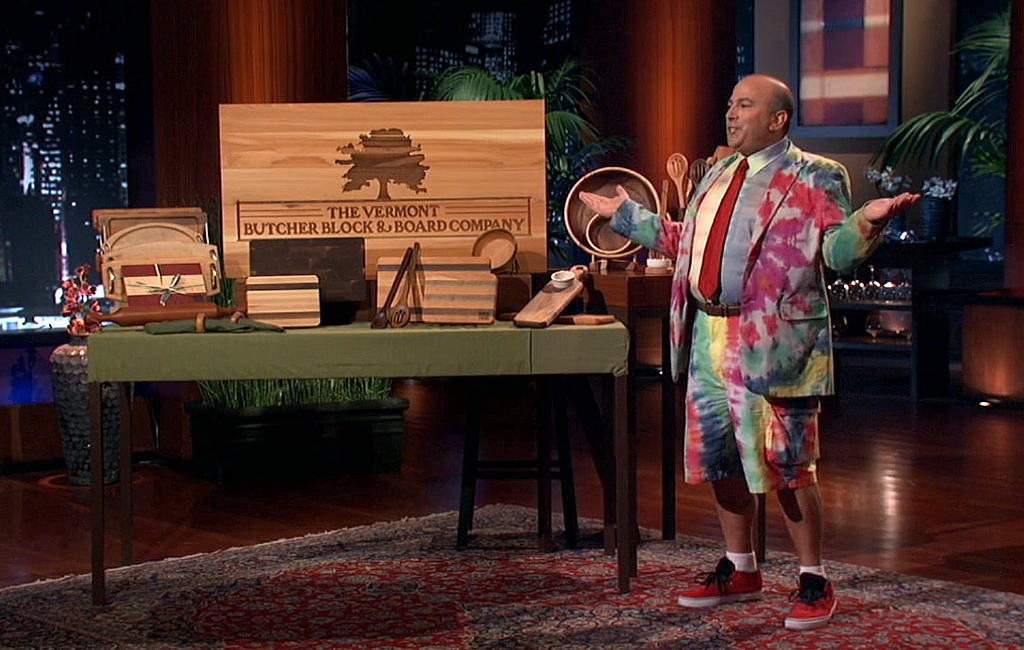
The decision to create premium kitchen products stemmed from his desire to offer top-notch quality to customers seeking more than mass-produced alternatives. David’s tie-dye attire symbolizes his newfound freedom from the corporate grind, embodying the spirit of his Vermontrepreneurship.
The Product
Vermont Butcher Block & Board Company’s products are meticulously crafted from premium materials, ensuring durability and aesthetic appeal. Their cutting boards, available in various sizes, boast superior craftsmanship and are designed to withstand the rigors of daily kitchen use.
Similarly, their cheese boards exude elegance, making them perfect for entertaining guests or enjoying a casual evening at home. Each product is crafted with precision, reflecting the founder’s dedication to quality.
Customers can purchase Vermont Butcher Block & Board Company’s products through multiple channels, including their retail store in Vermont, online platform, and select catalogs such as Orvis and Frontgate. While their products command premium pricing, customers recognize the value in investing in high-quality kitchen essentials that enhance their culinary endeavors.

How It Went
The company’s position before Shark Tank
Vermont Butcher Block & Board Company has achieved commendable sales figures, with $2.9 million in total sales to date. Their retail store in Vermont generates approximately $400,000 in annual revenue, serving as a testing ground for new products and garnering local support. The company has also established a presence in the online marketplace, accounting for 10% of their total sales. Furthermore, partnerships with renowned catalogs such as Orvis and Frontgate have expanded their reach to a broader customer base.
Despite their success, the company faces challenges related to production capacity. With a 2,000-square-foot shop on David’s property, the company struggles to meet increasing demand. The need for a larger production facility, additional machinery, and manpower is evident to sustain growth and capitalize on market opportunities. While discussions with potential retailers like Williams-Sonoma and Fleming’s indicate interest, operational constraints hinder the company’s ability to fulfill large orders.
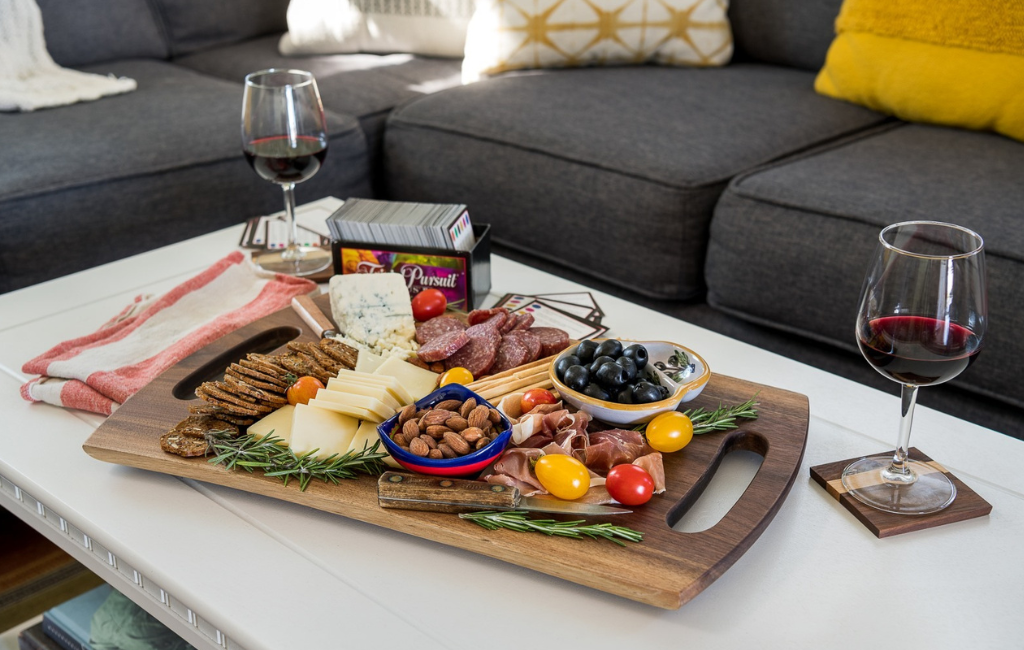
Financially, Vermont Butcher Block & Board Company maintains a healthy profit margin of approximately 20%. However, the need for external funding to support expansion efforts underscores the company’s reliance on investment to propel growth. David’s entrepreneurial spirit and dedication to delivering premium quality products position the company for continued success, provided they overcome operational hurdles and secure adequate resources for expansion.
The Negotiations:
David’s pitch elicited interest from the Sharks, with Kevin questioning the company’s profitability and expansion strategy. While David sought $400,000 for a 25% equity stake, the Sharks expressed concerns about the company’s valuation and competitive landscape.
Despite David’s passion and proven sales figures, the Sharks ultimately declined to invest, citing various reasons. Mark suggested focusing on core products rather than diversifying, emphasizing the importance of differentiation in a competitive market. Lori expressed reservations about market trends favoring antimicrobial boards, highlighting potential challenges in staying ahead of industry shifts.
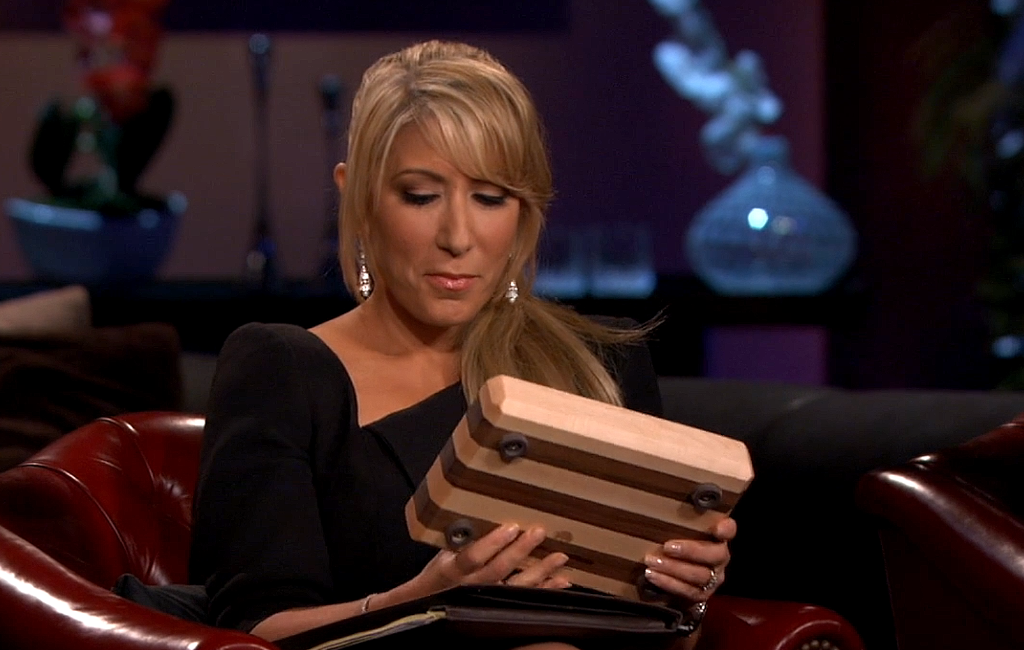
Robert and Daymond proposed deals with higher equity stakes, but David hesitated to accept terms that diluted his ownership significantly. Negotiations reached an impasse as David stood firm on his valuation, unwilling to compromise on equity distribution.
Ultimately, David left the Tank without a deal, disappointed but resolute in his vision for Vermont Butcher Block & Board Company. While acknowledging the Sharks’ feedback, David remained confident in his ability to grow the business independently, determined to overcome obstacles and capitalize on opportunities in the kitchenware market.
